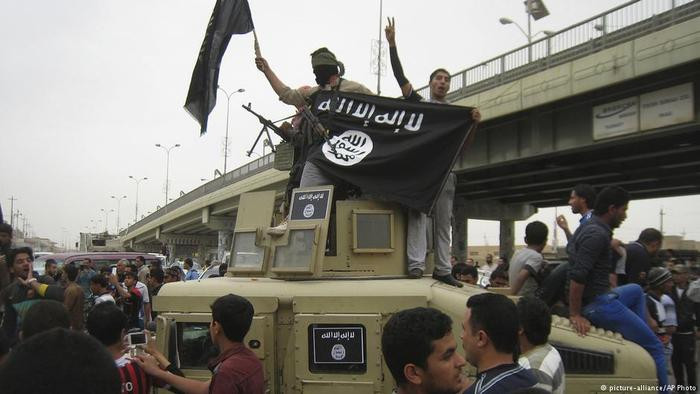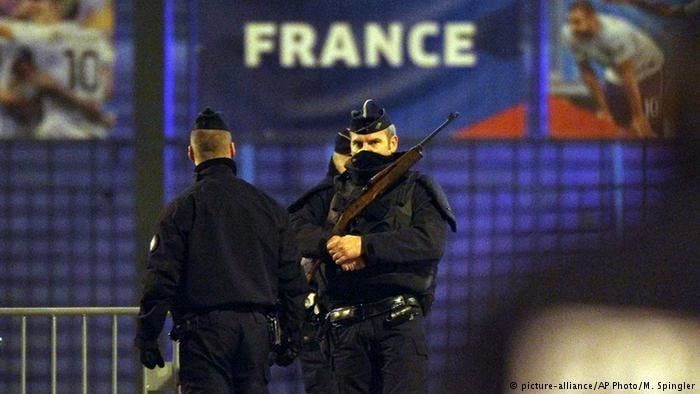Where will the future of IS go?
(Baonghean.vn) - With the loss of much of its territory in its main bases in the Middle East, the future of the Islamic State (IS) organization seems clearer than ever. However, this terrorist group still holds many lands in Iraq and Syria, especially in the border areas.
 |
| IS celebrates after seizing an Iraqi military vehicle in Fallujah, Iraq in 2014. Photo: AP |
Counter-terrorism expert Tomas Olivier said that despite facing open conflict in Iraq and Syria, IS can still operate terrorist branches outside the region such as in North Africa, Europe, Southeast Asia, East Africa and West Africa.
“The most disturbing fact about the IS terrorist group today is its flexibility in responding, even after its defeat, as it appears to have been able to establish a series of terrorist cells operating across the Western Hemisphere with the ability to carry out attacks “on command” or based on ideological incitement,” the expert said.
“IS is focusing on intensifying lone wolf attacks in the West and against international coalition targets around the world, from the streets of Manchester to Marawi,” the former senior Dutch defense official said.
Since the rise of IS in 2014, more than 5,000 Europeans have traveled to the Middle East to fight for the jihadist group. With IS losing large swathes of territory in the region, the international community has warned of a wave of foreign fighters returning home to Europe and elsewhere.
In fact, many IS members who have carried out attacks in Europe have had a history of petty crimes, such as Berlin attack suspect Anis Amri or Salah Abdeslam, who is believed to have been a “transporter” for the terrorist group that attacked Paris in late 2015.
 |
| French police patrol at the Stade de France stadium after a series of deadly attacks in Paris in 2015. Photo: AP |
One counterterrorism strategy to deal with the problem of returning foreign fighters is to push them into criminal activities by controlling their financial networks, said Ian Oxnevad, a Middle East scholar at the University of California.
“For example, if there are fighters who fought for IS in a terrorist cell in northern Italy, but all the money they used to finance terrorism is not integrated into the financial system, they are forced to maintain that fund. Then they will commit a crime,” the expert said.
Expert Oxnevad noted that even if this terrorist group is “completely eliminated”, it does not mean that the extremist ideology that is widely spread will disappear, especially based on the statement of former IS leader Abu Bakr al-Baghdadi, restoring the “Islamic Caliphate” in Mosul in 2014./.
Lan Ha
(According to DW)
| RELATED NEWS |
|---|

